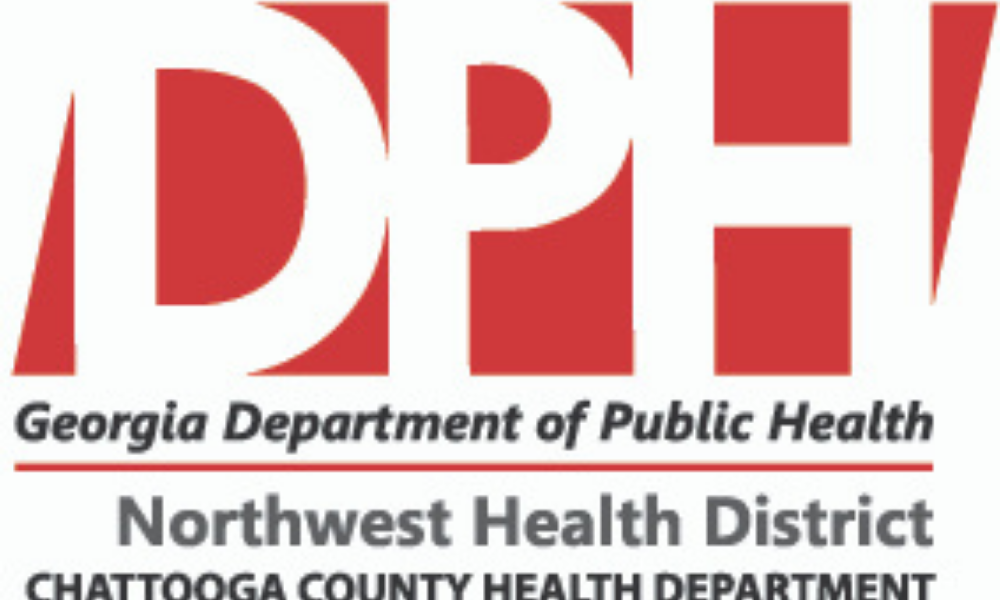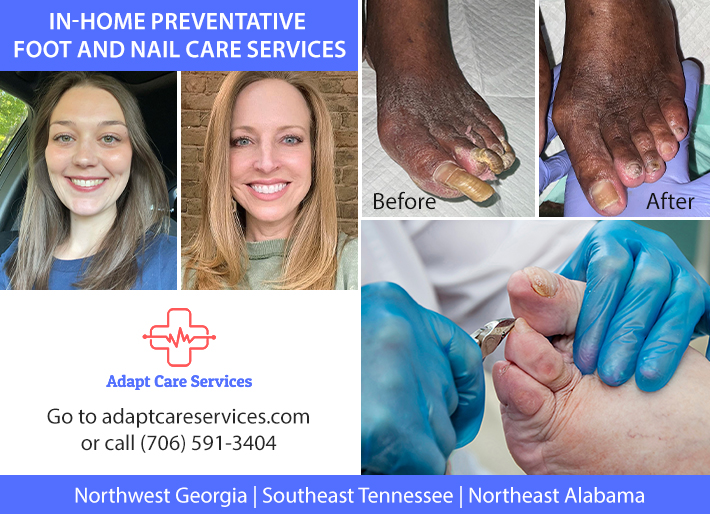
SUMMERVILLE, GA: The Chattooga County Health Department, 60 Farrar Drive, Summerville, is now offering flu vaccines on a walk-in basis at no charge.
“This flu season is going to be more challenging than ever due to the added risk of COVID-19 in our community,” says Chattooga County Health Department Nurse Manager Judy Wesson. “Influenza and COVID-19 are both contagious respiratory illnesses, but they are caused by different viruses.”
“It is possible for a person to get both the COVID-19 virus and the influenza virus at the same time or back-to-back,” says Wesson. “You can protect yourself and others from influenza by getting the flu vaccine early this year, wearing a mask, practicing safe physical distancing, washing hands frequently, and staying home if you are sick with any kind of symptoms.”
“It’s more important than ever to get vaccinated,” Wesson says. “The COVID-19 pandemic has caused shortages of hospital beds, ICU beds, and ventilators even outside of flu season. During flu season, when both the flu and COVID-19 will be circulating, hospitals may again face shortages, limiting their ability to care for people who are seriously ill with the flu, COVID-19, or both.”
The health department has the quadrivalent vaccine, which provides broader protection against circulating flu viruses, and a limited amount of the high-dose influenza vaccine, which is more effective for persons 65 years of age and older.
Wesson says everyone six months and older should get a flu vaccine by the end of October, if possible. “The flu shot will last through the flu season,” Wesson says. “It’s never too early to get a flu shot, as we cannot accurately predict when the influenza season will begin, but it can be too late.”
Flu season usually begins in October but can begin as early as September and last well into March. Peak flu season in Georgia usually occurs in late January and early February.
Vaccination to prevent influenza is particularly important for people who are at high risk of serious complication from influenza, including:
Children younger than five, but especially children younger than two years,
adults 65 years of age and older,
pregnant women and women up to two weeks postpartum,
residents of nursing homes and other long-term care facilities, and
people who have medical conditions including asthma, chronic lung disease, heart disease, diabetes, etc.
It is especially important to get the flu vaccine if you, someone you live with, or someone you care for is at high risk of complications from flu.
It is also recommended that pregnant women get a flu vaccine during any trimester of their pregnancy. Not only does it protect them against the flu, it also protects their newborn infants, for up to the first few months of life at least, at a time when infants are too young to receive the vaccine themselves.
The flu vaccine will not prevent COVID-19. Because some of the symptoms of flu and COVID are similar, it may be hard to tell them apart based on symptoms alone. You may need a test to confirm a diagnosis.
According to the CDC, common symptoms shared by COVID and the flu include:
Fever or feeling feverish/chills
Cough
Shortness of breath or difficulty breathing
Fatigue (tiredness)
Sore throat
Runny or stuffy nose
Muscle pain of body aches
Headache
Some people may have vomiting and diarrhea, though this is more common in children than adults.
Differences:
COVID may include a change in or loss of taste and smell.
Additional similarities include:
Both COVID and flu spread from person-to-person by respiratory droplets produced when talking, coughing, or sneezing.
Close physical contact (e.g., shaking hands) or touching a
contaminated surface can transfer the virus.
Pre-symptomatic and asymptomatic people are infectious to others.
For these reasons, wearing a mask and safe physical distancing will reduce the risk not only of spreading either virus but also of contracting either virus. Other important prevention tools include frequent handwashing and sanitizing, frequent cleaning of common touch surfaces, and staying at home if you are experiencing any of these symptoms.
A more complete list of similarities and differences between COVID and the flu can be found on this CDC website.
This flu season, if you need to see a healthcare provider for any symptoms, call their office first before showing up to ask about COVID protocols.
Chattooga County Health Department hours are Monday – Wednesday 8 am to 5 pm, Thursday 8 am to 6:30 pm, and Friday 8 am to 2 pm. The Environmental Health office’s hours are Monday – Friday 8 am to 4:30 pm.
Acceptable payment methods include cash, credit-or-debit card, Medicare, Medicaid, Aetna, BlueCross BlueShield of Georgia, Cigna, and United Health Care SHBP.
Contact the Chattooga County Health Department, 60 Farrar Drive, Summerville, at 706-857-3471; the Environment Health office at 706-857-3377, or visit www.nwgapublichealth.org/counties/chattooga. Follow us on Facebook to receive news, emergency messages, and health information at https://www.facebook.com/ChattoogaDPH
###
About the Chattooga County Health Department: The Chattooga County Health Department works to prevent disease, injury, and disability; promote health, safety, and wellbeing; and prepare for and respond to disasters, thereby improving the quality of life for individuals and families in Chattooga County. We provide a wide range of medical services, track and prevent the spread of disease, promote health and safety through education and communication, monitor area environmental safety, including restaurant and other food-service inspections, and ensure our community is prepared for public health emergencies. Find us on the web at www.nwgapublichealth.org/counties/chattooga
Follow us on Facebook to receive news, emergency messages, and health information at https://www.facebook.com/ChattoogaDPH











